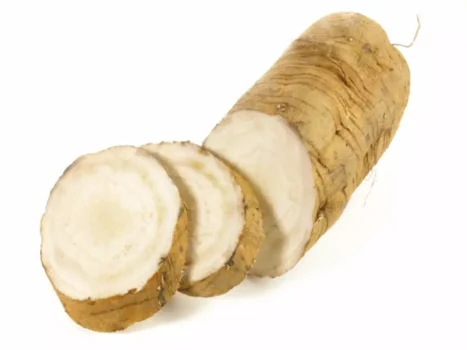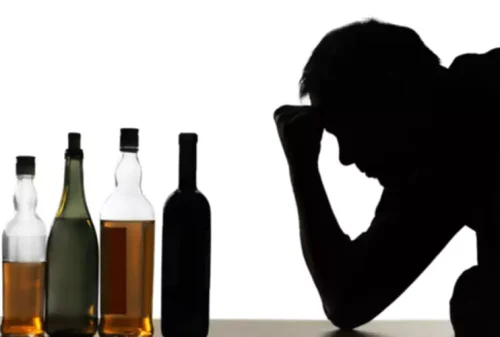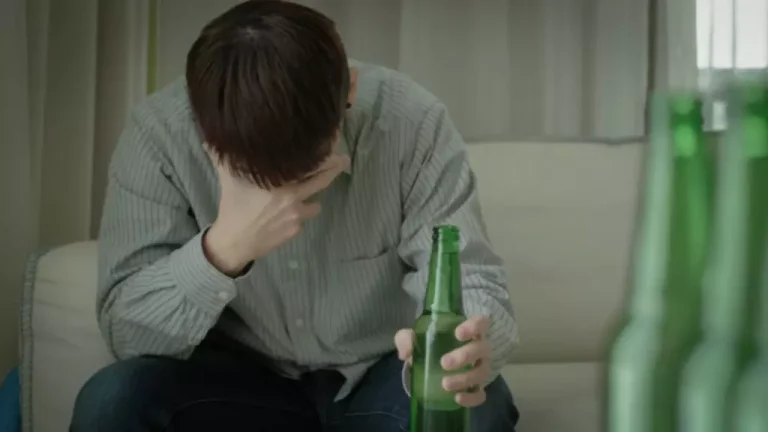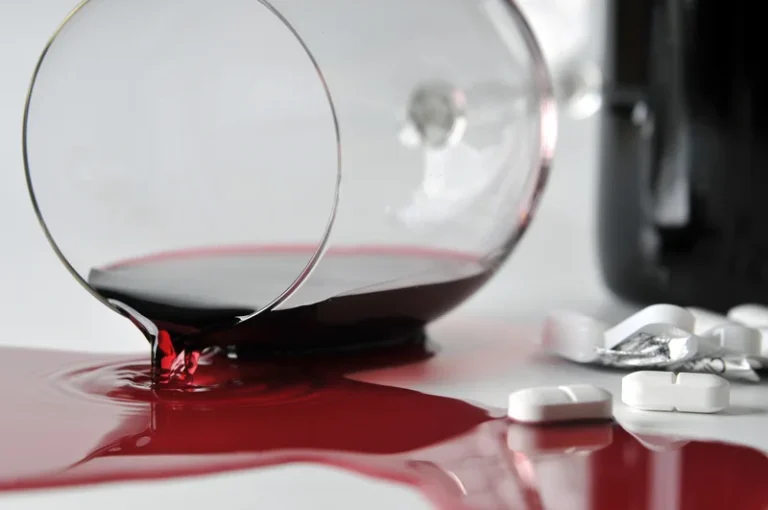
Since AA places such a focus on what you can do one day at a time for recovery, you’ll find some “just for today” quotes that can help illustrate how to navigate certain steps. Perhaps the most important essential sober living skills are to make sure you know what to do to make yourself feel whole and happy. As you enter recovery, do so with confidence and strength. Stepping out into the real world as a newly sober individual can be incredibly scary. If you are looking for a successful recovery, you need a good sober support system.

More on Substance Abuse and Addiction
- This article will describe sobriety in more detail, the challenges a person faces while working to stay sober, the options for treatment, and tips for building a sober lifestyle.
- Addiction is a complex issue that affects many aspects of a person’s life.
- Remain modest and ask a higher power for guidance as you recover from SUD or AUD.
- I am a writer, and I found a platform to share my message.
- According to the National Institute on Alcohol Abuse and Alcoholism (NIAAA), recovery is a process that involves remission from AUD and quitting heavy drinking for good.
Alcohol withdrawal symptoms can pose potential risks and challenges for those attempting to quit drinking. Being aware of these symptoms and knowing how to cope with them safely is essential for a successful recovery journey. Additionally, working with a therapist or counselor can help you address the underlying causes of your addiction, develop coping strategies, and maintain a sober lifestyle.
- Recovery is a journey; focusing on progress is important, not perfection.
- Some people may have had legal troubles or gotten a DUI.
- Take advantage of opportunities to learn new things and improve yourself.
- Detox should be followed by intensive treatment where you learn skills.
- In 2021, researchers estimated nearly 30 million people ages 12 years and older in the United States had alcohol use disorder (AUD).
- It can seem intimidating to look at the end goal and know the many steps it will take to get sober.
- Learn that you have choices and that you can maintain control.
How to Stay Sober
- Addiction can also damage your relationships with your loved ones and cause you to lose your job or face other negative consequences.
- As you enter recovery, do so with confidence and strength.
- Moreover, mutual support groups, often facilitated by peer support workers, assist individuals in their recovery process by promoting understanding, respect, and mutual empowerment.
- That’s why the founders of Alcoholics Anonymous (AA) created this iconic 12-step program.
- As stated above, support can help the individual stick to treatment through the duration of the program.
They don’t define your progress, and how you respond to them matters. The growth stage is all about improving and moving forward. During this period, you can expect to develop new skills you may have never learned that made you more susceptible to AUD in the first place. The mental challenge of this stage is not to let anything make you feel defeated. Even if you’ve hit a low point, you can get back up again. While the abstinence stage of withdrawal causes mostly physical symptoms, post-acute withdrawal is very psychological and emotional.
A Guide to Life After Rehab
They must now put into practice the lessons and strategies they learned during treatment, often within the same environments that may have contributed to their addiction. Choosing the right treatment option depends on individual needs and circumstances, making it important to consult with healthcare professionals or addiction specialists. They can provide guidance and recommendations https://ecosoberhouse.com/ based on the individual’s unique situation, ensuring they receive the most effective and appropriate care. The first step towards sobriety is recognizing and admitting the need for change. This is often a difficult step as it requires individuals to confront the reality of their addiction and the impact it has had on their lives and the lives of those around them.
How Long Does it Take to Feel the Effects of Not Drinking?

It’s critical to have a strong support system, whether it’s friends, family, or a recovery group. Surround yourself with people who understand and support your journey towards sobriety. Medication-assisted treatment (MAT) involves the use of medication to help manage withdrawal symptoms and cravings. MAT can be an effective option for those struggling with opioid or alcohol addiction. Working with a healthcare provider is substantial to determine if MAT is the right choice for you. Having a support system of like-minded individuals can be helpful in dealing with social pressure.
- Take time to understand how to budget – and what you should be budgeting for.
- Addiction treatment professionals at Lantana, therapists, and counselors can play a significant role in supporting sobriety.
- In addition to counseling, many individuals also seek help from treatment programs.
- Alcohol addiction develops as the brain becomes accustomed to the neurochemical changes caused by alcohol, leading to physical dependence and intense cravings.
- That was an entire county for me, but I’ve remained heroin free for over eight years.
Importance of Incorporating Healthy Habits in Recovery
This process can lead to increased tolerance, where a person needs to consume more alcohol to experience the same level of intoxication. During the initial stages of recovery, I recommend staying off of social media. If so, then you’re aware of the capability you already possess. People in active addiction completely abandon self-care and often have low self-esteem. I don’t have to tell you that poisoning our bodies with drugs and alcohol is the opposite of love.

For instance, participating in regular therapy sessions can help individuals process their experiences and emotions, and develop strategies to manage stress and prevent relapse. Outpatient programs, on the other hand, provide additional support and treatment while allowing individuals to live at home and maintain their daily responsibilities. Moreover, mutual support groups, often facilitated by peer support workers, assist individuals in their recovery process by promoting understanding, respect, and mutual empowerment. Making significant life changes and seeking professional help are critical actions in the journey to sobriety. These steps set the stage for the successful maintenance of sobriety and the prevention of relapse in the long run.

Having a chaotic or disorganized lifestyle can also hinder your recovery. It’s important to develop a structured daily and weekly schedule and stick to it. If PAWS is severe or if you’re experiencing prolonged symptoms, tips to quit drinking a medical professional can help you work through them and remain in recovery without relapse. Depending on the type of dependency, PAWS can last from six months to two years after you stop using drugs or alcohol.
Finally, continued self-care and growth are essential for maintaining sobriety and thriving in your recovery journey. Incorporating healthy habits into long-term recovery is a crucial aspect of maintaining sobriety and achieving lasting change. In this section, we’ll explore the key elements of transitioning from a sobriety checklist to a lifestyle that supports recovery. We’ll also delve into the importance of building a supportive network and prioritizing continued self-care and personal growth.
